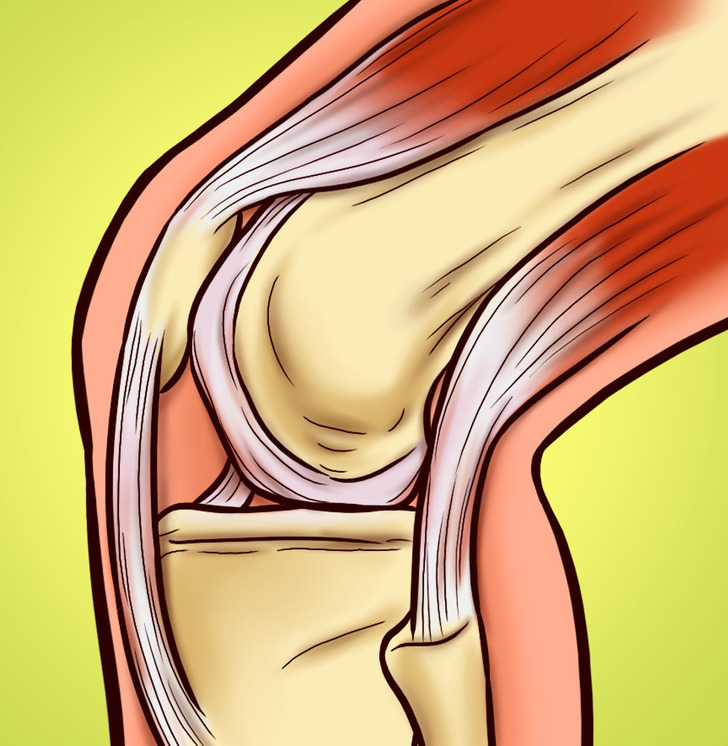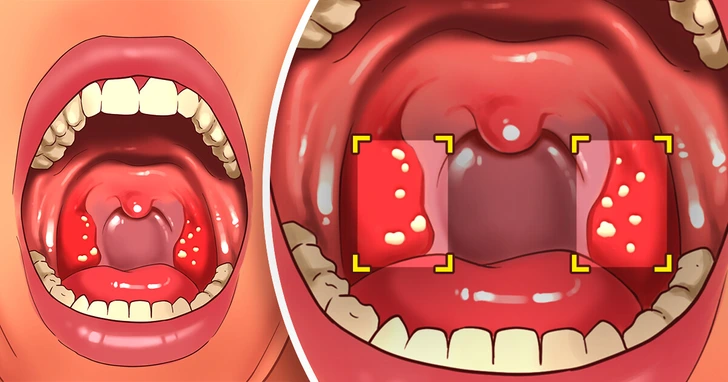Learn How Your Body May Be Showing Signs of Gluten Sensitivity in 15 Ways
Gluten may seem harmless, but for some people, it can quietly cause significant health problems. Because there are often no clear warning signs, its effects can go undetected, potentially causing long-term damage. Understanding how your body reacts to gluten is critical to protecting your overall well-being.
1. Fatigue and brain fog

2. The loss of eyelashes
In addition, gluten-induced damage to the small intestine can lead to nutrient malabsorption, resulting in deficiencies of essential vitamins and minerals such as zinc, iron, and biotin, all of which are critical for healthy hair growth.
3. Issues with the digestive system

4. Headaches and migraines

5. Weight changes

6. Hormonal imbalance issues

7. Joint and muscle pain

8. Skin and nail problems

9. Attention deficit hyperactivity disorder

10. Poor condition of the teeth

11. Iron deficiency anemia
12. Mood disorders
Anxiety, depression, and mood swings are more common in individuals with gluten sensitivity. The exact mechanism is not fully understood, but it is believed that gluten may affect the gut-brain axis.
13. Autoimmune diseases
Many people with autoimmune diseases have a history of gluten intolerance, suggesting a possible link between the two. Celiac disease, a well-known autoimmune disorder, occurs when the immune system mistakenly attacks the intestinal lining in response to gluten consumption. This condition not only causes significant digestive and systemic problems but also increases the risk of developing other autoimmune diseases. These can include autoimmune thyroiditis, autoimmune liver disease, Crohn’s disease, diabetes, vitiligo, rheumatoid arthritis, and multiple sclerosis, creating a complex interplay between gluten intolerance and broader immune dysfunction.
15. Tonsil stones problem






